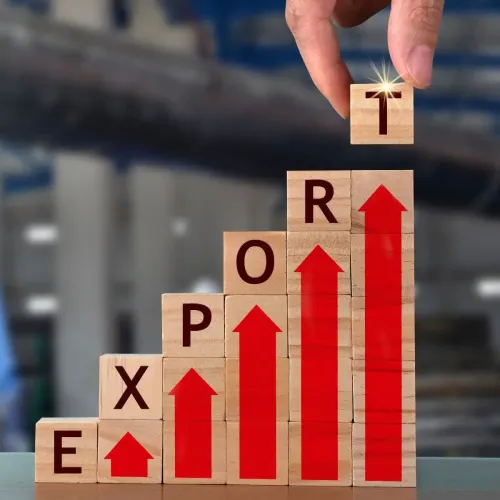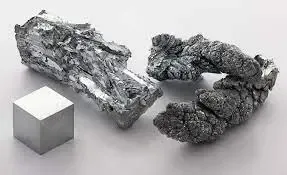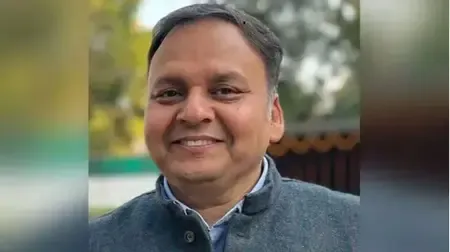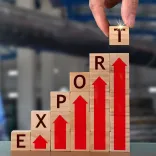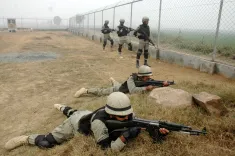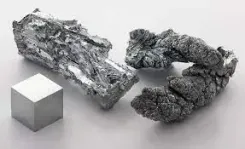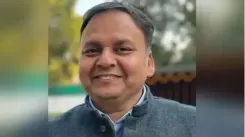When Will the SC Address the Shiv Sena and Sharad Pawar Symbol Disputes?
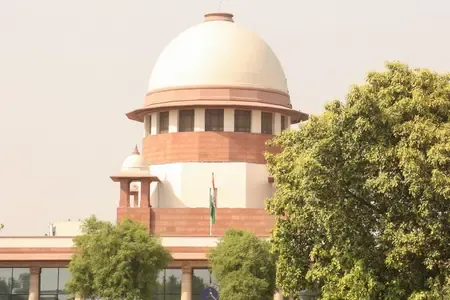
Synopsis
Key Takeaways
- The Supreme Court will hear petitions on January 21, 2026.
- The case involves the Shiv Sena and NCP symbol disputes.
- The Election Commission’s decisions are being contested.
- The outcome may reshape Maharashtra's political landscape.
- Legal arguments will focus on democratic integrity.
New Delhi, Nov 12 (NationPress) The Supreme Court has set January 21, 2026, for the conclusive hearing regarding the petitions from the Uddhav Thackeray-led Shiv Sena (UBT) and the Sharad Pawar faction of the Nationalist Congress Party (NCP). Both parties are contesting the Election Commission of India’s (ECI) decisions that recognized their rival factions as the legitimate political parties.
A panel of Justices Surya Kant and Joymalya Bagchi stated that the cases, which present comparable issues, would be addressed together. “We will take up the matters on January 21 at 11:30 a.m.,” the Justice Kant-led panel announced, instructing the court master to ensure that no significant cases are scheduled for January 22 as well, allowing the hearing to extend into the next day if necessary.
The petitions contest the ECI’s rulings that deemed the Eknath Shinde-led group as the authentic Shiv Sena, granting it the party name and the iconic “bow and arrow” symbol, alongside the acknowledgment of the Ajit Pawar-led faction as the genuine NCP.
Representing the petitioners, senior lawyers Kapil Sibal and Abhishek Manu Singhvi previously contended that the ECI’s conclusions threatened the democratic framework of political parties and overlooked the organizational strength and support base of the original leadership.
In its ruling from 2023, the election body asserted that the Shinde faction constituted the real Shiv Sena, citing a majority within both the legislative and organizational branches, while a similar rationale was applied in the NCP dispute to acknowledge the Ajit Pawar group.
The plea submitted by Uddhav Thackeray claimed that the ECI has failed to fulfill its responsibilities as a neutral mediator of disputes under paragraph 15 of the Symbols Order and has acted in ways that undermine its constitutional position.
Previously, the Supreme Court declined to halt the ECI’s orders but agreed to review whether the election body acted within its quasi-judicial authority while adjudicating the competing claims.

